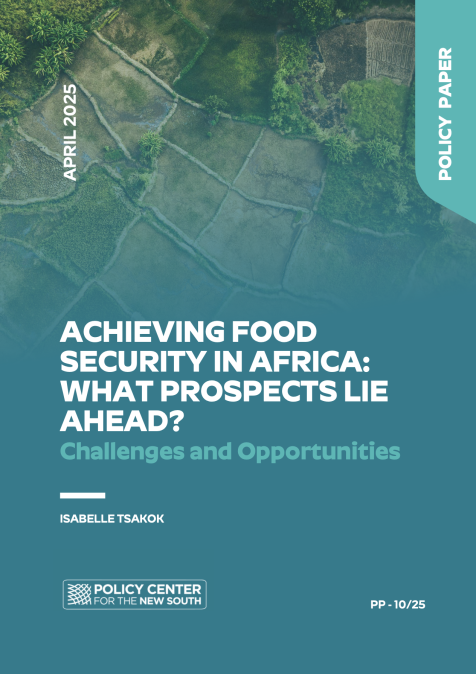Publications /
Policy Brief
S'appuyant sur des décennies de recherche en biochimie, les bio-ingénieurs ont réussi à transférer des gènes d’une espèce à l’autre pour produire des organismes vivants (plantes et animaux, y compris les poissons) présentant les caractéristiques souhaitées. Contrairement à l’amélioration génétique qui est basée sur la sélection des traits souhaités au niveau des espèces à travers la reproduction traditionnelle, le processus de modification génétique aux laboratoires donne des résultats plus rapidement et s’appuie sur des expérimentations. En adoptant la biotechnologie, l’obtention des traits souhaités prend des années, contrairement à l’amélioration génétique dans laquelle le transfert des gènes d’une génération à une autre peut prendre des siècles. Compte tenu de sa précision et de son champ d'application, la biotechnologie a même été comparée à « jouer à Dieu ». Selon les données de 2018, les OGM sont cultivés dans le monde entier, essentiellement sur le continent américain, peu en Europe et pas du tout en Russie. Les principales cultures génétiquement modifiées, dont la luzerne, le maïs, le soja, la betterave sucrière et le coton, sont principalement commercialisées aux États-Unis, et ce depuis le milieu des années 1990. En effet, ceci n’est pas le fruit du hasard, le cadre juridique et réglementaire des États-Unis en matière d'alimentation, d'agriculture et d'environnement est favorable aux OGM, contrairement à d’autres, notamment les pays de l’Union européenne, où le cadre équivalent est stricte et restrictif. De plus, le processus de bio-ingénierie en soi n'est pas réglementé aux États-Unis, alors qu'il l'est dans l'Union européenne. En effet, l'UE adopte le principe de précaution (PP) dans la réglementation des OGM, jugeant incertaines les preuves scientifiques de leur impact. De fait, dans l'UE la culture et l'importation d'OGM sont régies par une loi exigeant une autorisation préalable et un système d'étiquetage et de traçabilité est obligatoire. Aux États-Unis, l'étiquetage obligatoire des OGM ne commencera qu'à partir du 1er janvier 2022. Les deux approches juridiques ont été critiquées : les États-Unis pour être trop pro-business et l'UE pour être trop anti-innovation. Globalement, la perception des OGM relève de deux camps opposés, bien que des enquêtes répétées auprès des consommateurs aux États-Unis et dans l'UE montrent que la majorité d'entre eux ne sait pas grand-chose sur les OGM. Le camp pro-OGM voit dans la bio-ingénierie la promesse d'une agriculture susceptible d'améliorer la sécurité alimentaire, notamment grâce à des rendements plus élevés, une plus grande résistance aux parasites, une résilience accrue aux conditions climatiques extrêmes, comme la sécheresse et même une nutrition de meilleure qualité. Ses partisans soulignent que rien ne prouve que les consommateurs ou l'environnement soient affectés. Le camp anti-OGM rejette ce type de soutien comme étant biaisé, souvent sans aucune preuve. Il affirme que les OGM sont mauvais pour les consommateurs, mauvais pour la biodiversité et mauvais pour l'environnement. Ses partisans considèrent que le contrôle des semences transgéniques par une poignée de multinationales constitue une menace majeure pour les moyens de subsistance de millions d'agriculteurs, en particulier les petits exploitants, et pour la sécurité alimentaire des pays qui dépendent de ces semences.










